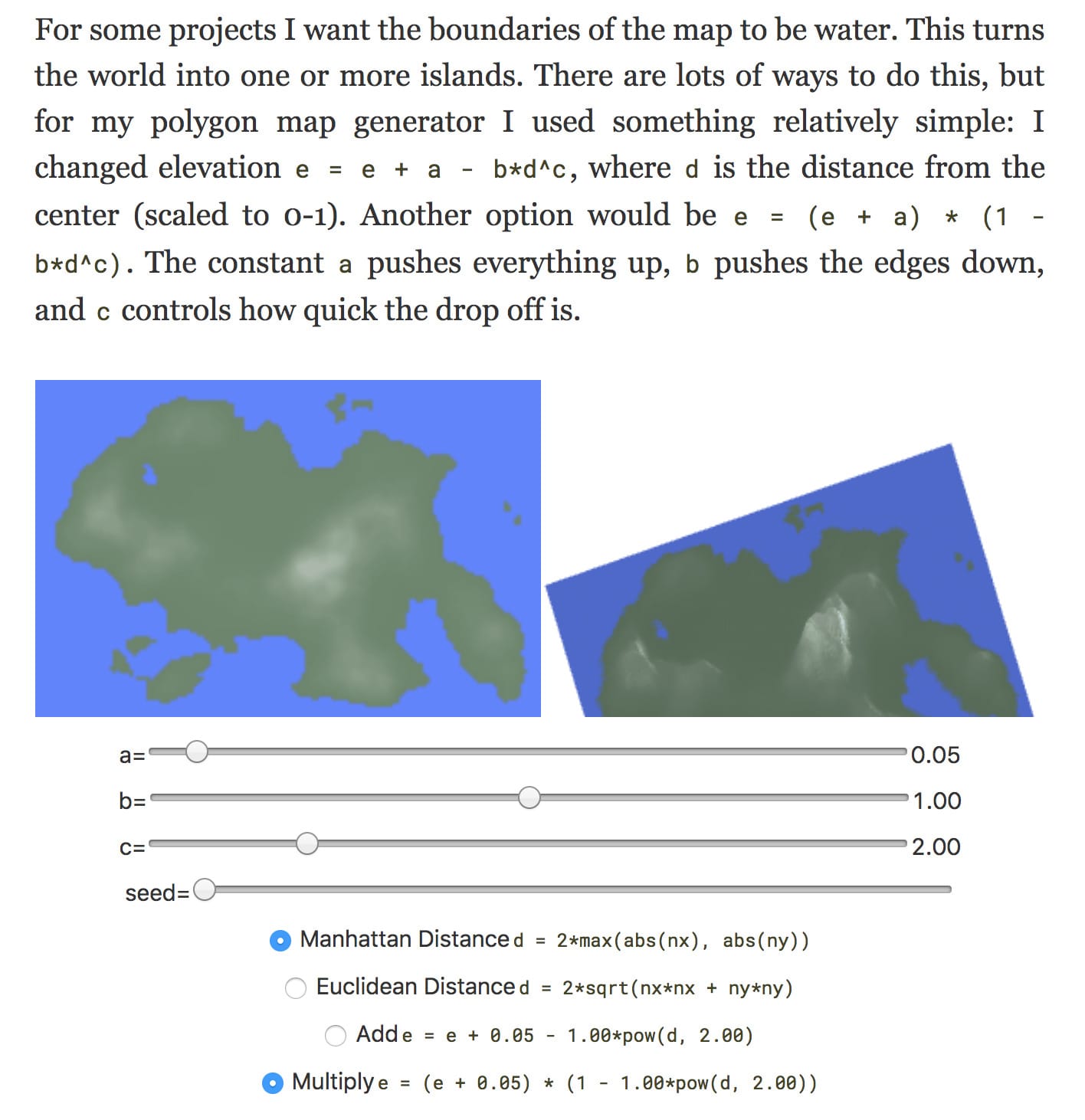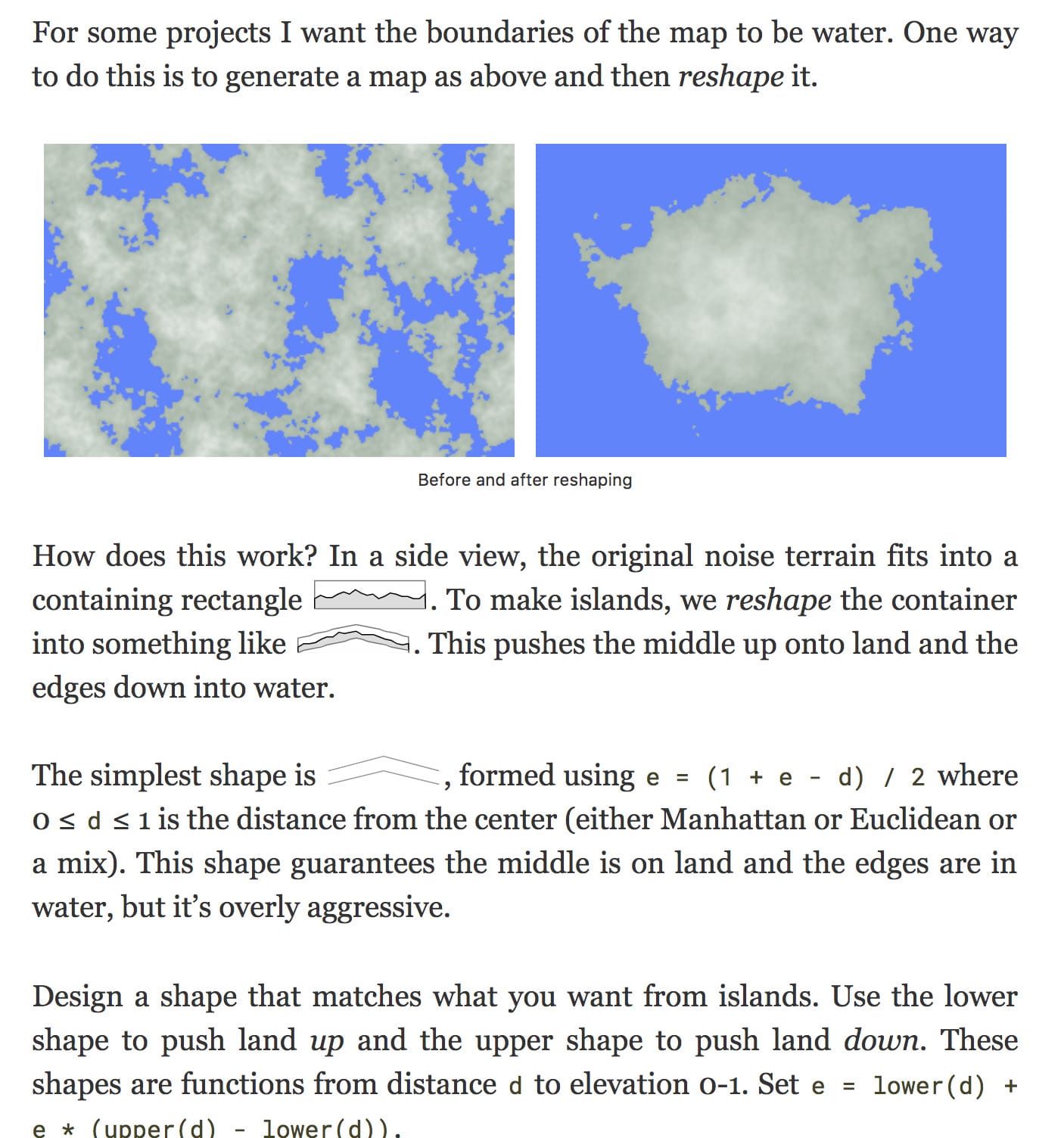 |
| Image used for criticism under "Fair Use." |
"In many ways, Oscar hype and hoopla is similar to that of college or professional sports — it's an entertaining competition that's easy to become temporarily absorbed in, but one we know has ultimately no real effect on our lives. Most of the time, we leave it at that — the winners win, the losers lose and we all move on."- Chelsea Samelson,
New York Post.
As a black movie fan who has certainly seen his share of tasteless racism on film, I simply couldn't bring myself to
care about the controversy surrounding the Oscar's supposed "whiteness". I've made it quite clear in an
earlier essay "The Case Against Awards Shows", that these private parties for the Hollywood elite are of little interest to the everyday American. By being a televised event, the Oscars have fooled the American population into thinking that these awards are about
them. No, they're not about
you. They're about the celebrities. It's an opportunity for wealthiest entertainers to show off just how great they are, and that their greatness demands attention from the rest of us. Indeed, this elitism is only
boosted by the ordinary Americans who waste four hours of their Sunday to view it. This masturbatory ritual of staring uncomfortably at your rich neighbor's RSVP celebrations have given viewers the illusion that they're supposed to
get something out of it. They don't vote for any of the films, yet, they expect the Oscars to actually
give something to them? Nonsense. To be fair, it's not as if we've ever had the opportunity to do so. Hence, throughout these shows, we (the 99%) are virtually nonexistent. Only a view count, not a participant.
I don't think very highly of the Oscars, and neither should you. The people behind these shows clearly don't know what they're doing. These trophies have gone to the insufferable likes of
Gigi,
Crash, and
Brave. Should the opinions of these few really matter to our personal tastes? It seems unhealthy to the arts that we must seek validation with gold trophies and cocktail parties. There needs to be a paradigm shift in the way we think of art. We need to think
beyond the Oscars, and see art on its own terms, not in terms of the awards that they garner. Now I don't mean to strip the Oscars
completely of any value they have brought to the medium of film. I've even
quoted Tom Cruise's moving statements on the importance of film after September the 11th. No doubt, these Oscars have been helpful in bringing attention to good filmmakers and good performances, and of course, when one achieves recognition for their hard work, they deserve applause. Some say that the Oscars don't do enough to recognize black art, however, and that they're "too white." It's of little controversy that these awards shows are largely run by white people, so one could call them a "white people's award". My question is this: Since when does black art need the approval of a white people's award?
It doesn't. In fact, many black artists have been recognized by the NAACP Image Awards and the BET Awards. Of course, it's
expected that black art be celebrated at these shows, so it dosen't have to compete with white art. Yet black art does get recognition in our society, even if one doesn't see it in the Oscars. Brandon Patterson has suggested that this emphasis on the Oscars seems to send the message that black art is more meaningful when it gets a white recognition,
"Other Black people seeing value in our art doesn't mean as much as White people seeing value in it. So we have rappers who brag about how many Grammys they have instead of how many BET Awards they've won; Beyoncé and Jay Z rarely attend the BET or Soul Train Awards even when they're nominated, but attend the Grammys yearly even when they're not; and Black people get upset when a Selma or a 12 Years A Slave doesn't win every Oscar or Golden Globe that they think they deserved, but don't care who's nominated for what at the BET Honors," (Politic365).
Even so, take someone like Sidney Poitier, who was the first black man to win the Oscar of Best Actor. A fine accomplishment, sure, but Poitier's not a fine actor because he's got a gold statue in his closet. It comes from his riveting performances in some of the most socially conscious films of the period. He is great not
because of his Oscar, but
in spite of his Oscar. Some of my favorite performances in film, Jack Nicholson in
The Shining, Kim Novak in
Vertigo, Denzel Washington in
Malcolm X, and Spike Spencer in
End of Evangelion have never won one of those goddamned naked men of gold. That
Selma didn't win Best Picture shouldn't have mattered, because that film's greatness shouldn't need a Oscar. I'd also like to see what black celebrities are doing on
my behalf, before I start demanding they get more golden trophies.
In any case, I say let the Oscars be as white as they damn well please. You heard me. As far as I can tell, the selection of mostly white nominees hasn't broken any of the Academy's rules. The Oscars don't
have to be diverse or politically relevant, they just need to select the films that the
Academy thinks are the best, not what
we think are the best. We don't always have to like the choices, I clearly don't, but again, we aren't the ones making them. To complain that the Oscars have picked too many "white" films implies that "talent" shouldn't be the criterion for selection, but diversity and political relevance. If that's what people want, then quotas should be installed, x number of black, gay, female, etc. artists need to be selected. Just don't be surprised, however, if awards are given to people like Tyler Perry and Dinesh D'Souza. To say, however, that the Oscars are the final, only, and best statement on film in America, implies that, based on the winners, white males are better at filmmaking than damn near everyone else. I'm not saying that. I'd
never say that. We shouldn't let wealthy elitists be the final word on American movies (though their opinions are duly noted). Yet when it comes to the point that Al Sharpton is creating an Emergency Task Force, I start to worry that we care too much.
Keep in mind that this whining over the Oscars all sounds rather superfluous to people who haven't even seen these films. I, for one, couldn't afford to see any of the films nominated for Best Picture, but now I'm suddenly supposed to care because some of them are too "white"? If
Selma (a film I haven't seen) wins plenty of Oscars, what good is that to
me? Not much. A certain degree of wealth and privilege is needed to have seen enough of these movies to care about what's going on. Which is why nearly all of the folks invited to the Oscars are excessively wealthy, just look at their red carpet dresses. I
already feel like an outsider. Yet, this is now a civil rights issue that deserves my involvement? Don't make me laugh. This isn't to say that we don't need diverse films, or that racism in movies still isn't a problem (it is), but
films are different from
awards. Remember that.
Celebrity culture, of course, is why many people watch the Oscars, and why they're televised. Even though it would do the rest of us a lot of good if these shows were permanently pulled from the networks, the peons of America would undoubtedly protest on behalf of the royals. Celebrity culture has a particularly nasty strain on the Left, where Oliver Stone is a historian, Sean Penn is a peace activist, and Russell Brand is a revolutionary. This isn't to demean
all celebrities, many of whom are great people, but dammit, why do we continue to treat them like they're center of the world? Why do we continue to see a celebrity awards show as so important to our tastes on film? Even George C. Scott once
called the Oscars "a two-hour meat parade," and America still doesn't know why.
I hope that one day, we can look beyond these Oscars.
Bibliography"Obituaries: George C. Scott: The man who refused an Oscar."
BBC News, September 23, 1999. Archived by the
Wayback Machine, March 11, 2014. Web.
https://web.archive.org/web/20140311095900/http://news.bbc.co.uk/2/hi/obituaries/455563.stmPatterson, Brandon. "Who Cares that Selma was Snubbed by the Oscars? I Don't."
Politic365, February 6, 2015. Web.
http://politic365.com/2015/02/06/who-cares-that-selma-was-snubbed-by-the-oscars-i-dont/Samelson, Chelsea. "Why fuss over the Oscars?"
New York Post, January 21, 2015. Web.
http://nypost.com/2015/01/21/why-fuss-over-the-oscars/











